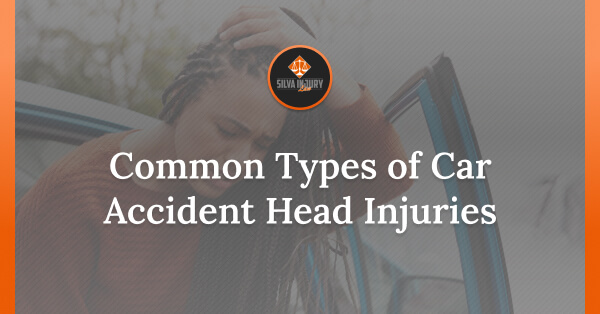
Head injuries are a common and often severe consequence of California car accidents.
Traumatic brain injuries (TBIs) affect over 200,000 people annually in the United States alone. The sudden force and momentum shifts during a collision can cause the head to strike hard surfaces, leading to a range of car accident head injuries that vary in severity and impact.
Identifying the type of head injury sustained and understanding its symptoms are crucial for timely and effective treatment. Whether mild or severe, head injuries can profoundly impact victims’ lives, affecting their physical health, cognitive functions, and emotional well-being.
In this post, we’ll explore the different types of head injuries from car accidents and provide insight into their associated symptoms. By recognizing these injuries, you or a loved one can seek prompt medical attention and pursue the appropriate treatment, ensuring the best possible outcome in the recovery process.
To find out how our California auto accident lawyers can help you, please call our office at (209) 600-4389 or reach us online to arrange a free consultation.
1. Concussions (Mild TBI)
Concussions are the most common type of head injury from a car accident, occurring due to a sudden jolt or impact that causes the brain to strike the inner walls of the skull.
Even a seemingly minor collision can result in a concussion, often caused by the rapid movement of the head forward and backward. While considered a mild TBI, concussions can lead to significant health issues if left untreated.
Symptoms may include:
- Headaches: Often persistent, ranging from mild to severe;
- Memory loss: Temporary amnesia, usually around the time of the incident;
- Dizziness and nausea: Light-headedness, difficulty standing, and an unsettled stomach;
- Confusion: Disorientation and challenges focusing or processing thoughts; and
- Fatigue: Excessive tiredness and sleep disturbances.
Repeated concussions can have cumulative effects, potentially leading to long-term issues like post-concussion syndrome, making immediate medical attention crucial.
2. Contusions (Coup and Contrecoup)
Contusions involve bruising of the brain tissue caused by impact. In car accidents, this is often due to the head striking a hard surface, like a steering wheel or dashboard, causing a coup injury directly under the impact point. A contrecoup injury results from the brain bouncing off the opposite side of the skull due to the force of the collision.
Contusions can cause:
- Memory loss: Both short-term and long-term memory may be affected;
- Cognitive difficulties: Challenges with concentration, reasoning, or problem-solving;
- Impaired motor function: Reduced coordination and muscle control, leading to difficulty walking or writing; and
- Vision issues: Blurred vision or difficulty focusing.
In severe cases, contusions may require surgical intervention to reduce swelling and prevent further brain damage.
3. Diffuse Axonal Injury (DAI)
Diffuse axonal injury is a severe condition where nerve fibers in the brain stretch or tear due to violent movement. It occurs frequently in high-speed collisions, where rapid acceleration and deceleration forces cause the brain to shift violently inside the skull.
Symptoms often include:
- Loss of consciousness: Victims may be unconscious for hours or even days;
- Cognitive impairment: Significant challenges in thinking, reasoning, and problem-solving;
- Memory loss: Difficulty recalling past events and forming new memories; and
- Motor impairments: Loss of coordination and muscle control, potentially leading to paralysis.
DAI requires immediate medical attention, often involving critical care and rehabilitation to address long-term impairments.
4. Penetrating Head Injury
Penetrating head injuries occur when an external object pierces the skull and damages brain tissue. In car accidents, this can happen due to flying debris or a shattered vehicle component becoming a projectile.
Symptoms may include:
- Heavy blood loss: Often life-threatening without immediate treatment,
- Cognitive impairment: Profound difficulty thinking and reasoning,
- Severe headaches and vomiting: Debilitating pain and nausea due to brain damage, and
- Convulsions and seizures: Uncontrolled muscle contractions as a result of brain injury.
Penetrating head injuries require emergency surgical intervention to prevent further brain damage and stabilize the patient.
5. Skull Fractures
A skull fracture is a break in one or more of the cranial bones caused by blunt force trauma. The head can strike hard surfaces like a steering wheel or windshield during a car accident.
Skull fractures are often accompanied by:
- Severe headaches: Persistent and often debilitating;
- Bleeding and bruising: Visible signs on the scalp or face;
- Cognitive difficulties: Challenges with concentration, memory, and reasoning; and
- Nausea and vomiting: Caused by swelling or bleeding inside the skull.
Depending on the severity, skull fractures may require surgery or other medical intervention to prevent further complications like brain infections.
6. Whiplash
Whiplash refers to a sudden, forceful back-and-forth movement of the neck that strains muscles and ligaments.
It frequently occurs in rear-end collisions and can cause:
- Neck pain and stiffness: Difficulty moving the head, often leading to limited mobility;
- Dizziness and fatigue: Persistent feelings of light-headedness and exhaustion;
- Headaches: Often originating from the base of the skull; and
- Tingling Sensations: Numbness or tingling in the arms and hands due to nerve compression.
Although not a direct head injury, whiplash can exacerbate other head injuries and requires careful medical assessment.
7. Lacerations
Lacerations refer to cuts and scrapes that can occur on the head and face during a car accident.
Broken glass, loose objects, and vehicle parts can lead to:
- Bleeding and scarring: Visible wounds that require stitches or medical attention,
- Risk of infection: Especially for deeper lacerations that expose muscle or bone, and
- Pain and swelling: Can cause significant discomfort and impair facial movements.
Though often considered minor, deep lacerations should be treated promptly to minimize scarring and reduce the risk of infection.
Importance of Seeking Medical Attention for Your Head Injuries
If you’ve hit your head in a car accident or experienced any of the symptoms of head injuries, it’s crucial to seek medical attention immediately. Even mild head injuries can have lasting consequences if left untreated.
Auto accident head injuries can worsen over time, with seemingly minor symptoms like headaches and dizziness potentially escalating to cognitive difficulties or permanent neurological damage.
Early treatment allows for appropriate intervention, whether that’s rest for mild concussions or surgery for penetrating head injuries. Prompt care also reduces the risk of long-term complications. Seeking medical attention provides reassurance that you’re taking the right steps to protect your health, whether car accident head injury symptoms appear immediately or develop over time.
Contact a California Car Accident Lawyer
Car accident head injuries can profoundly impact your life, from your health and finances to your ability to work and maintain relationships. Consulting a personal injury attorney is crucial if you’ve suffered injuries due to another driver’s negligence.
Proving the other driver’s fault requires thorough investigation and evidence collection. An experienced car accident attorney at Silva Injury Law can help investigate liability and determine the total damages you’re entitled to, including medical bills, lost wages, pain and suffering, and long-term care needs.
You’ll always be treated like family when you hire Silva Injury Law to represent you. We give every client’s case the individualized attention it deserves. Rest assured, we’ll look out for your best interests and help you pursue the maximum compensation for car accident head injuries.
To learn how we can assist you, please call our office at (209) 600-4389 or send us an online message today to schedule a free consultation.

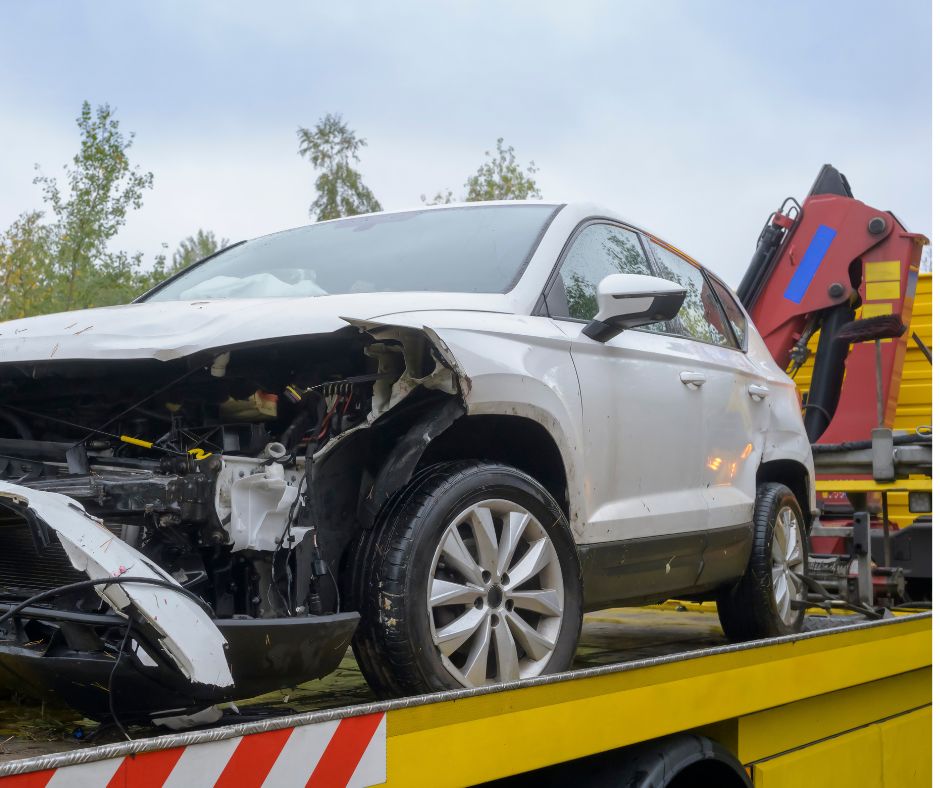




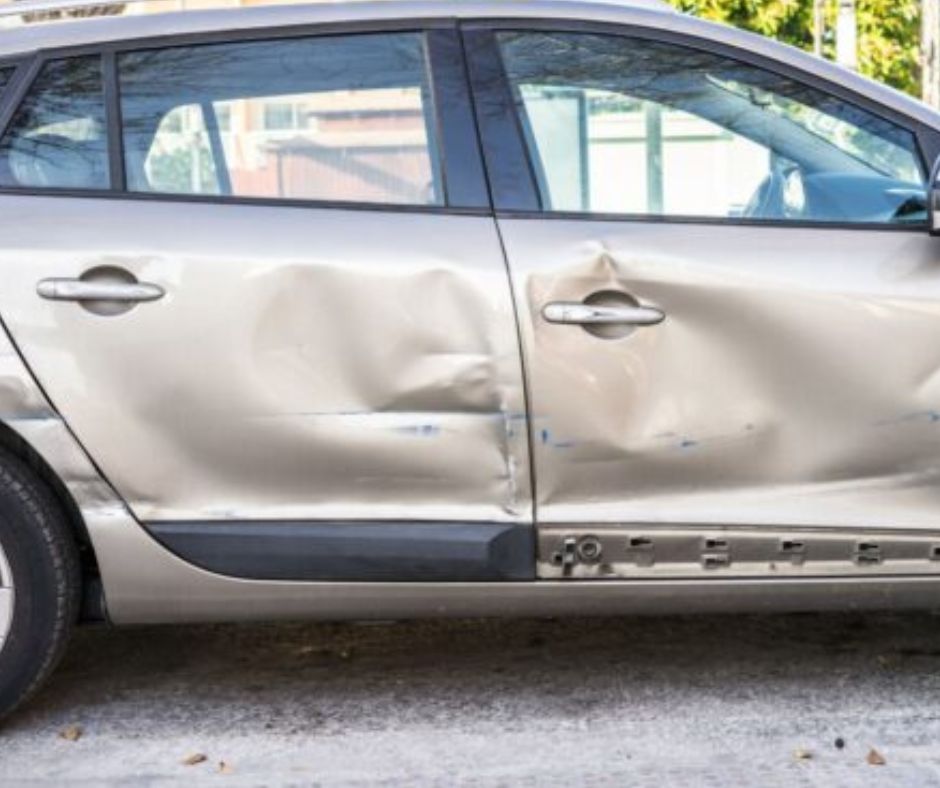

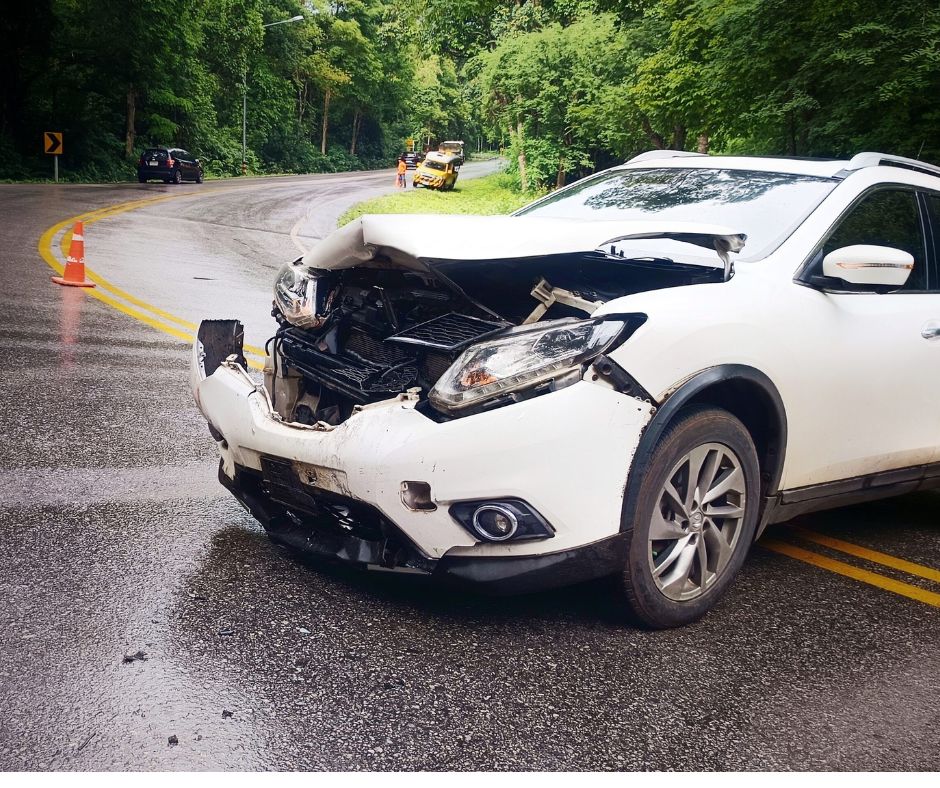
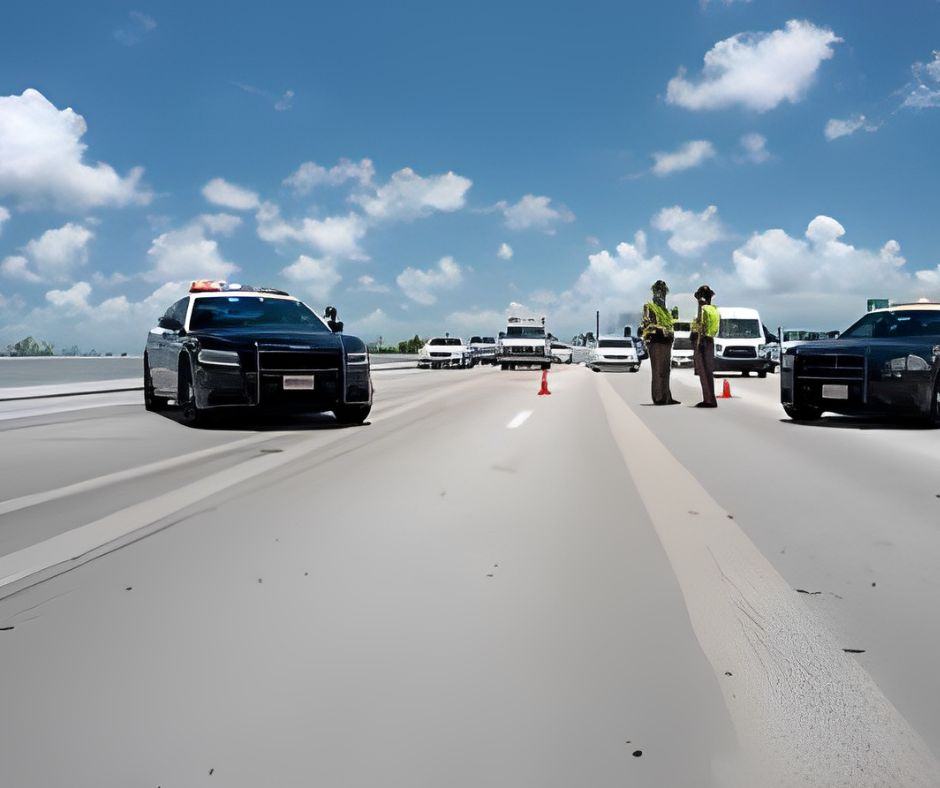







 EMAIL
EMAIL  AI-search
AI-search  Access
Access